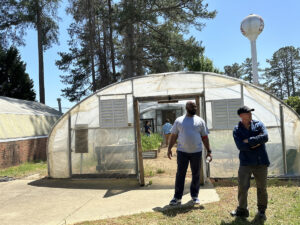News
2014 NC law prevents transparency in water-quality investigation
Posted on May 20th, 2021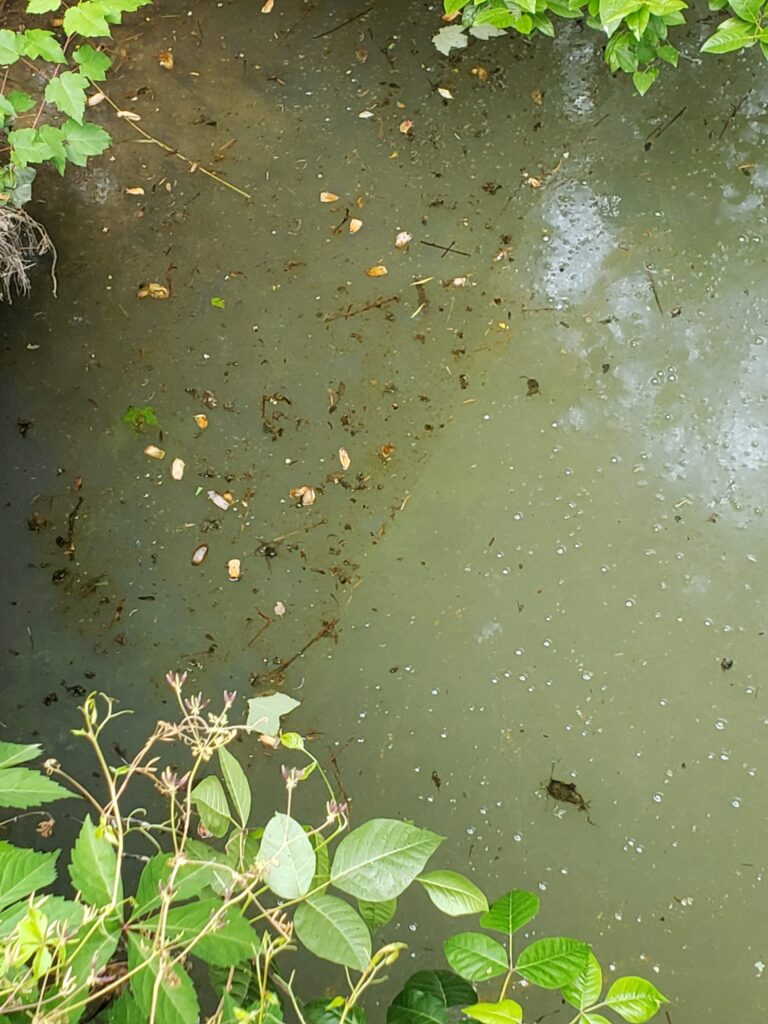
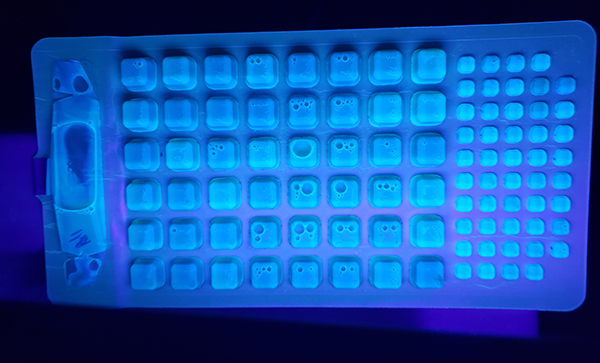
Extremely elevated E. coli levels found last week in a stream near Deep Run in Lenoir County are not going away.
But the lack of transparency in what DEQ can and cannot legally share about its investigation into the matter is a source of frustration, as well as a matter of public safety, according to Sound Rivers’ Lower Neuse Riverkeeper Katy Hunt .
Hunt discovered the issue in the stream off of Sandy Foundation Road last week. Additional samples taken have shown the same extremely elevated levels of E. coli (a type of fecal bacteria), and Environment 1 in Greenville has confirmed fecal coliform numbers seven times the state standard set to protect public health. Environment 1 is certified by N.C. Division of Water Quality and the State Laboratory of Public Health to provide water analyses in the state of North Carolina.
Hunt continues to monitor the stream, but the source of the pollution remains unknown. Industrial hog operations and waste sprayfields are located near the sample locations. DEQ is prevented from sharing information about its investigation into Hunt’s initial complaint about the stream.
Because of a 2014 session law, DEQ investigations of pollution complaints against agricultural entities are not public record unless and until DEQ issues that entity a violation. DEQ employees cannot, by law, talk to Hunt about what they know about the site.
“DEQ will not tell me anything about their investigation: what they’ve found or what they didn’t find. Whether it’s coming from this facility or not, there’s still bacteria in the water, and they need to find out where it’s coming from,” Hunt said. “I have no idea where the state is in their investigation or even if they’re continuing one, and the site looks worse than it did a week ago.”
According to Sound Rivers Executive Director Heather Deck, the standard operating procedure DEQ uses to address water-quality complaints for agricultural facilities, codified in the 2014 law, does more to protect polluters than the public.
“If we identify a serious water-quality issue on an agricultural facility, they don’t release anything unless they confirm it’s a violation. If they don’t confirm it’s a violation, then they don’t release anything at all. So, there’s no transparency, no way to look at their methodology — how did they figure that out?” Deck said. “We currently don’t know what this issue is at this site, but if the state knows, we actually shouldn’t have to wait for the state to issue a violation. … It’s a mystery, but if the state is investigating, they should be allowed to tell us what it is.”
Related News
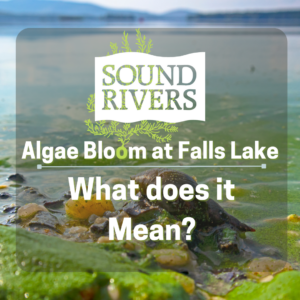
Riverkeeper weighs in on Raleigh tap-water woes
April 25th 2024
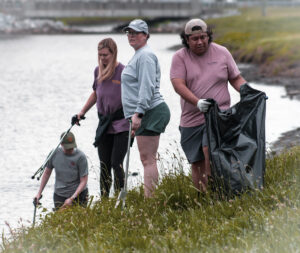
Small cleanup, with a big impact
April 25th 2024
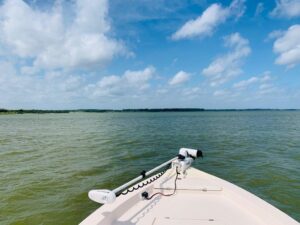
New math moves parts of the Pamlico off impaired waters list
April 25th 2024
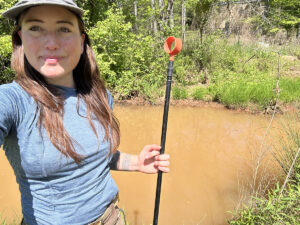
Durham turns down Lick Creek development
April 25th 2024
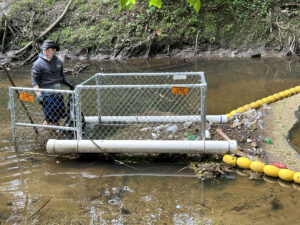
Scout earns volunteer hours with trash trap cleanout
April 25th 2024
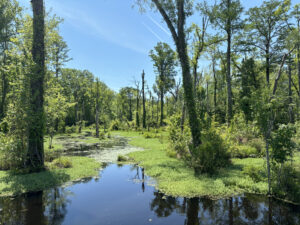
Boat day a Blounts Creek exploration
April 25th 2024
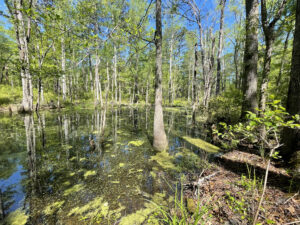
Tell NC to restore wetlands protections!
April 19th 2024
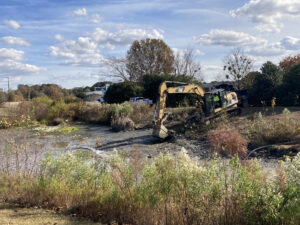
Position available: Stormwater Education Coordinator
April 18th 2024
